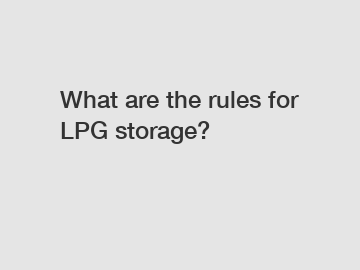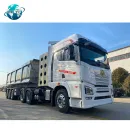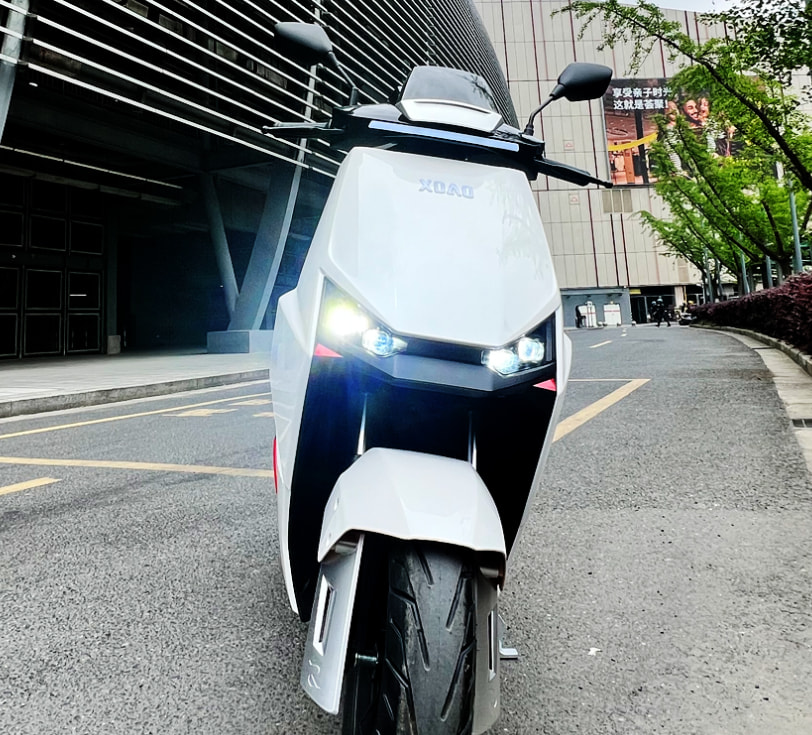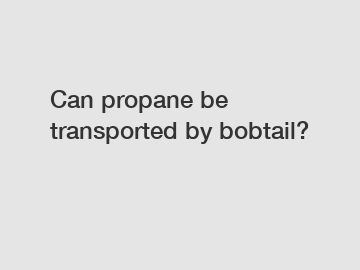How Cryogenic Box-Trailers are Revolutionizing Cold Chain Logistics?
Cold chain logistics is an important aspect of the food and pharmaceutical industry, which entails the transportation of temperature-sensitive goods such as vaccines, blood products and fresh produce. The cold chain refers to a range of cold storage processes and equipment used to keep products at a constant temperature throughout their journey from the manufacturer to the end user. Maintaining temperatures within specified limits is essential to protect the quality and safety of products.
Cryogenic box trailers, also known as cryogenic trailers, are a relatively new addition to the cold chain logistics industry, offering a more reliable, energy efficient and economical way to transport temperature sensitive products. These trailers use liquid nitrogen (LN2) or liquid carbon dioxide (LCO2) to maintain a low temperature inside the trailer, replacing conventional refrigeration systems that use diesel-powered compressors.
In this article we will discuss how cryogenic box trailers are revolutionising cold chain logistics and why they are becoming increasingly popular among companies transporting temperature sensitive products.
Cryogenic box trailers, how do they work?
Cryogenic box trailers use liquid nitrogen or liquid carbon dioxide to maintain the temperature inside the trailer. The trailer is equipped with a tank that stores the liquid, which is then vaporised and used to create a refrigerated environment inside the trailer.
The process works as follows.
Liquid nitrogen or carbon dioxide is pumped into a vaporiser which converts the liquid into a gas.
The gas is then released into the trailer, creating a refrigerated atmosphere.
The gas is continuously monitored to ensure that the temperature inside the trailer remains constant.
Excess gas is expelled from the trailer and this process continues until the trailer reaches its destination.
The cryogenic box trailer is well insulated and the internal temperature can be controlled to within +/- 1°C. The trailer is also equipped with sensors that monitor the temperature and other conditions inside the trailer, providing real-time information that can be accessed remotely.
Advantages of cryogenic box trailers.
Related links:Revolutionizing Safety: The Future of LPG Transportation?
What are benefits of air suspension?
What are the different types of pallet racking systems?
The Power of LNG Semi-Trailers: Unlocking a Cleaner Future for Transportation
Side Wall Trailer: Enhancing Cargo Transport Efficiency and Safety
Why do people like campers?
What are the advantages of a lowboy trailer?
Cryogenic box trailers offer a number of advantages over conventional refrigeration systems, making them an attractive option for companies transporting temperature sensitive products. Some of the main advantages are.
Higher energy efficiency
Cryogenic box trailers are more energy efficient than conventional refrigeration systems. They use liquid nitrogen or liquid carbon dioxide to maintain the cold temperature inside the compartment, rather than fuel-powered compressors, so they are cheaper to use and have a lower environmental impact.
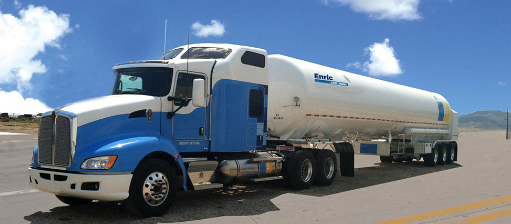
Higher reliability
Cryogenic box trailers are more reliable than conventional refrigeration systems. Conventional oil-fired compressors are prone to mechanical failure, resulting in uncontrolled temperature control, which can affect the quality and safety of the product being transported. Cryogenic box trailers are less prone to failure and are able to maintain a constant temperature during transport.
Lower cost
Although the initial investment cost of a cryogenic box trailer is higher, the cost of use and maintenance is lower, making it more economical in the long term.
Better environmental friendliness
Cryogenic box trailers have a much lower environmental impact. Conventional oil-fired compressors release greenhouse gases that contribute to global warming. Cryogenic box trailers, on the other hand, use liquid nitrogen or liquid carbon dioxide, which do not release greenhouse gases.
Greater transport flexibility
Cryogenic box trailers are also more flexible in their use. They can be adapted to different transport needs, such as different temperatures, capacities, loads, etc. At the same time, cryogenic box trailers are less noisy during transport and less disruptive to the surroundings and people.
In short, cryogenic box trailers are revolutionising the cold chain logistics industry by providing a more reliable, energy efficient and economical way of transporting temperature sensitive goods. The use of liquid nitrogen or liquid carbon dioxide for temperature control replaces conventional refrigeration systems using diesel-powered compressors, providing greater energy efficiency and lower environmental impact. Cryogenic box trailers are also more reliable, cost effective and flexible in use, making them an attractive option for companies transporting temperature sensitive products. As technology continues to advance, we can expect to see more innovation in the cold chain logistics industry, with cryogenic box trailers leading the way to a more sustainable and efficient future for the transport of temperature sensitive goods.If there is something you don't know, you can contact us!
The Future of Transportation: Unleashing the Power of Electric Bicycles
What are the trailer parts?
How Can I Tell if My Axle Is Broken?
Difference Between Off road and Semi Off Road Caravans
10 Comprehensive Buyer's Guide for HOWO Tractor Trucks
What is the purpose of the brake shoes?
CIMC ENRIC EPC Projects: Revolutionizing Industries Globally





